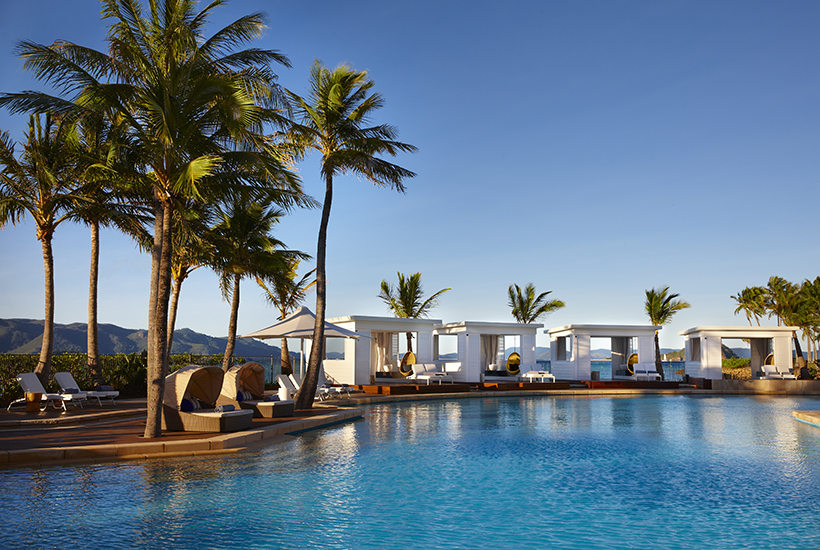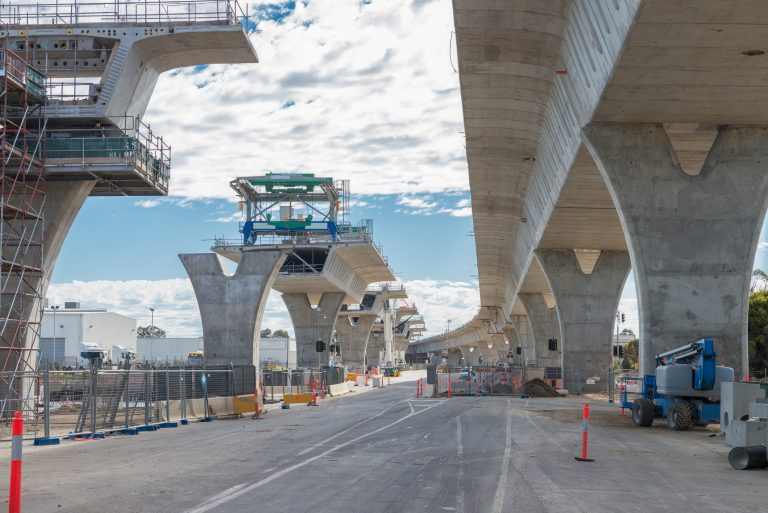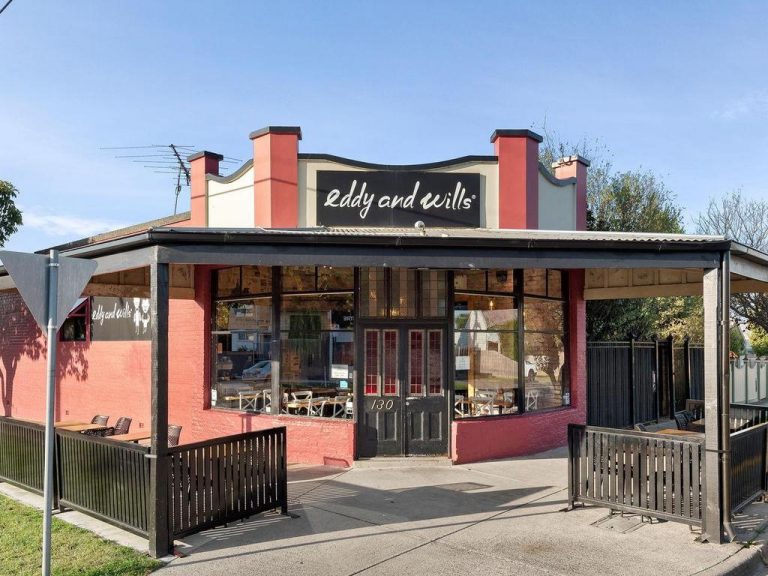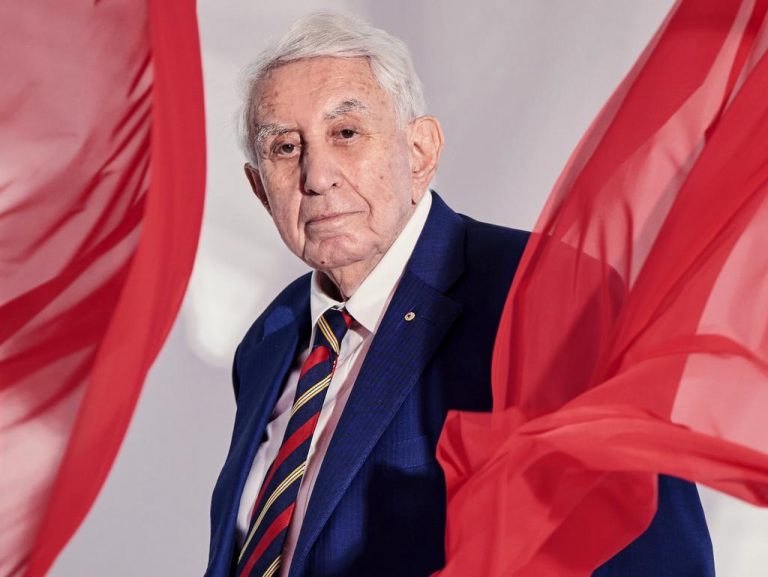Queensland disasters push insurance premiums to ‘crazy’ levels

The head of Malaysian conglomerate Mulpha Australia, which owns Queensland’s luxury Hayman Island resort, has defended the “crazy” levels of insurance premiums charged across the Sunshine State.
Regional businesses say natural disasters are pushing insurance costs to “crazy” levels as insurers brace for a flood of new claims caused by bushfires raging across the nation.
Mulpha chief executive Greg Shaw says insurance premiums at the newly reopened Hayman Island had more than doubled after the very large claim Mulpha lodged when Cyclone Debbie wrecked the island off Queensland’s Airlie Beach in 2017.
Commercial Insights: Subscribe to receive the latest news and updates
“But while premiums have increased significantly in the current year, they have come down consistently over the past five to 10 years,” Shaw says.
Hayman Island reopened last year following a $135 million renovation.
Shaw says negotiating insurance premiums came down to the question of cost and whether an insurer would insure the product, as many reinsurers had been losing money amid the latest spate of natural disasters.
“Insurance premiums had been going down, but the problem is the number of natural disasters … the large increases in premiums in the current year need to be looked at in context,” he says.
However, he concedes that premiums in North Queensland are higher than in other states because of wind exposure and the likelihood of cyclones.

The revamped Hayman Island resort.
Cystalbrook Collections acting chief executive Geoff York says he is paying very high premiums on the $400 million worth of hotels and apartments the Dubai-based company owns in Cairns.
“But it’s part and parcel to doing business and we try and recoup (the cost of the premiums) through our pricing,” York says.
Crystalbrook, which is owned by the Ghassan Aboud Group, will open a third hotel, Flynn by Crystalbrook, in central Cairns by the end of March and is also working up a scheme to develop apartments at its newly acquired Port Douglas Marina, further north.
Meanwhile, the ASX-listed Reef Casino Trust recently told shareholders that it had struggled to extend the policy on its Cairns luxury hotel on “commercially reasonable terms”.
The operator of the five-star hotel and casino resort complex said challenging market conditions had made insurers less willing to extend “commercially reasonable terms” to certain types of natural disasters, and said its annual insurance costs were pushed up by 60%.
Its insurer has imposed limits on claims for cyclone damage, flood and action by sea, tidal wave and high water, and increased the hotel’s annual premium up by $487,000 to $1.3 million.
“Property damage and business interruption coverage has an unchanged overall policy loss limit, but reduced sub-limits for events including named cyclones (up to $25 million), flood (up to $5 million) and action by the sea, tidal wave and high water (up to $1 million),” executive director Allan Tan told the market.
Computershare founder Chris Morris, who owns a $300 million tourism portfolio in North Queensland including the luxury Orpheus Island just south of Hinchinbrook Island and the Townsville Casino, has resorted to self-insuring by increasing the excess because insurance policies have gone “crazy’’ in the Sunshine State.
“Insurance everywhere, even security insurance for hotels, has gone up three times,” Morris says.
“My problem with it is every property is put into the same class by the insurer no matter its history,” says Mr Morris, who also controls pubs in Western Australia, NSW and Victoria. Morris self-insures or pledges to pay the first $2 million to $3 million in damage on most of his tourism assets, including Orpheus Island.
“We don’t take insurance out,” he says.
“We put money away in case something happens. We have had to do this in Queensland as it’s impossible to get cyclone insurance in Queensland.
“All insurance in Queensland has gone crazy.”
At Townsville Casino, which Morris bought in 2014, the insurer wanted to increase premiums threefold even though the casino had not sustained any flood damage from the Townsville floods almost a year ago.
“Even Cyclone Yasi in 2011 went straight over the top of the casino — the building is like a rock.
“Insuring in Cairns and Townsville is multiple times dearer than the other states,” Morris says. “And because it’s Cairns you have to pay flood insurance, no matter what its history.”
The Reef Casino disclosure comes as insurers brace for a flood of new claims from businesses and homeowners from the fires in NSW, Victoria and South Australia, which have damaged or destroyed thousands of properties already.
According to the Insurance Council of Australia, more than $238 million worth of damage has already been logged since November 8 in 3870 claims from 236 postcodes across the country — a figure that is expected to be dwarfed by the final tally.
This article originally appeared on www.theaustralian.com.au/property.







